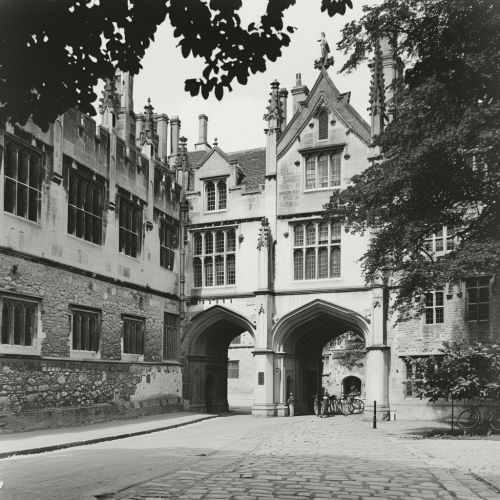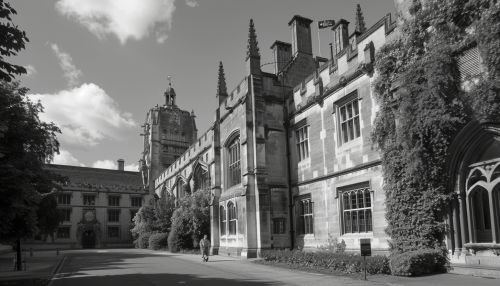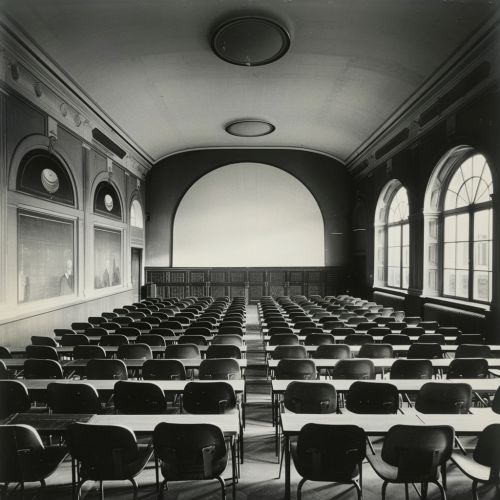J.L. Austin
Early Life and Education
John Langshaw Austin was born on March 26, 1911, in Lancaster, England. He was the second son of Geoffrey Langshaw Austin, a civil servant, and his wife, Mary Bowes-Wilson. Austin was educated at Shrewsbury School in 1924, where he excelled in classics and philosophy. He later attended Balliol College, Oxford, where he studied classics and philosophy, earning a first-class degree in Literae Humaniores, an undergraduate course focused on philosophy, ancient history, and literature.


Career and Contributions to Philosophy
After completing his studies, Austin became a fellow of All Souls College, Oxford, in 1933. During this time, he began to develop his ideas on philosophical language, a field that would later become his primary focus. Austin's work in this area is characterized by his meticulous attention to detail and his insistence on the importance of ordinary language in understanding philosophical problems.
Austin's most significant contribution to philosophy is his development of speech act theory, a framework for understanding the various functions of language. According to Austin, when people use language, they do not merely describe the world; they also perform actions. For example, when someone says, "I promise to do X," they are not just stating a fact; they are making a commitment. This idea, which Austin elaborated in his book "How to Do Things with Words," has had a profound impact on a range of disciplines, including linguistics, law, and computer science.
In addition to his work on speech act theory, Austin made significant contributions to the philosophy of perception. In his book "Sense and Sensibilia," Austin critiqued the then-dominant theory of sense-data and proposed an alternative approach based on ordinary language and common-sense intuitions.


Later Life and Legacy
Austin continued to teach at Oxford until his untimely death from lung cancer in 1960. Despite his relatively short career, Austin's work has had a lasting impact on philosophy, particularly in the areas of language, perception, and knowledge. His insistence on the importance of ordinary language has influenced a range of philosophers, from his contemporaries at Oxford to later thinkers like John R. Searle and Stanley L. Cavell.
Today, Austin is remembered as one of the leading figures of ordinary language philosophy, a movement that emphasizes the importance of everyday language in understanding philosophical problems. His work continues to be studied and debated, and his ideas have found applications in a variety of fields, from linguistics to artificial intelligence.


